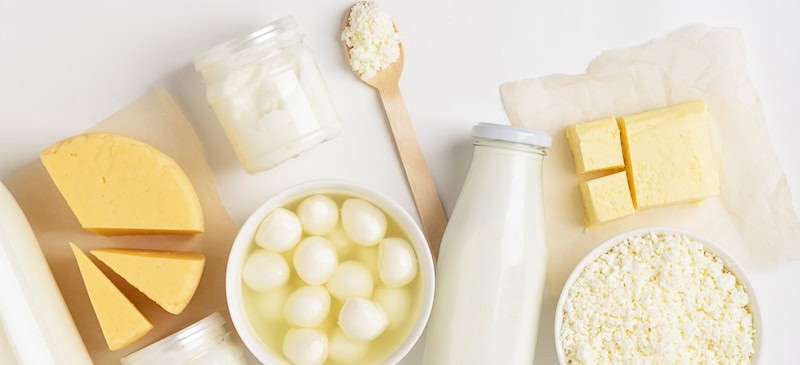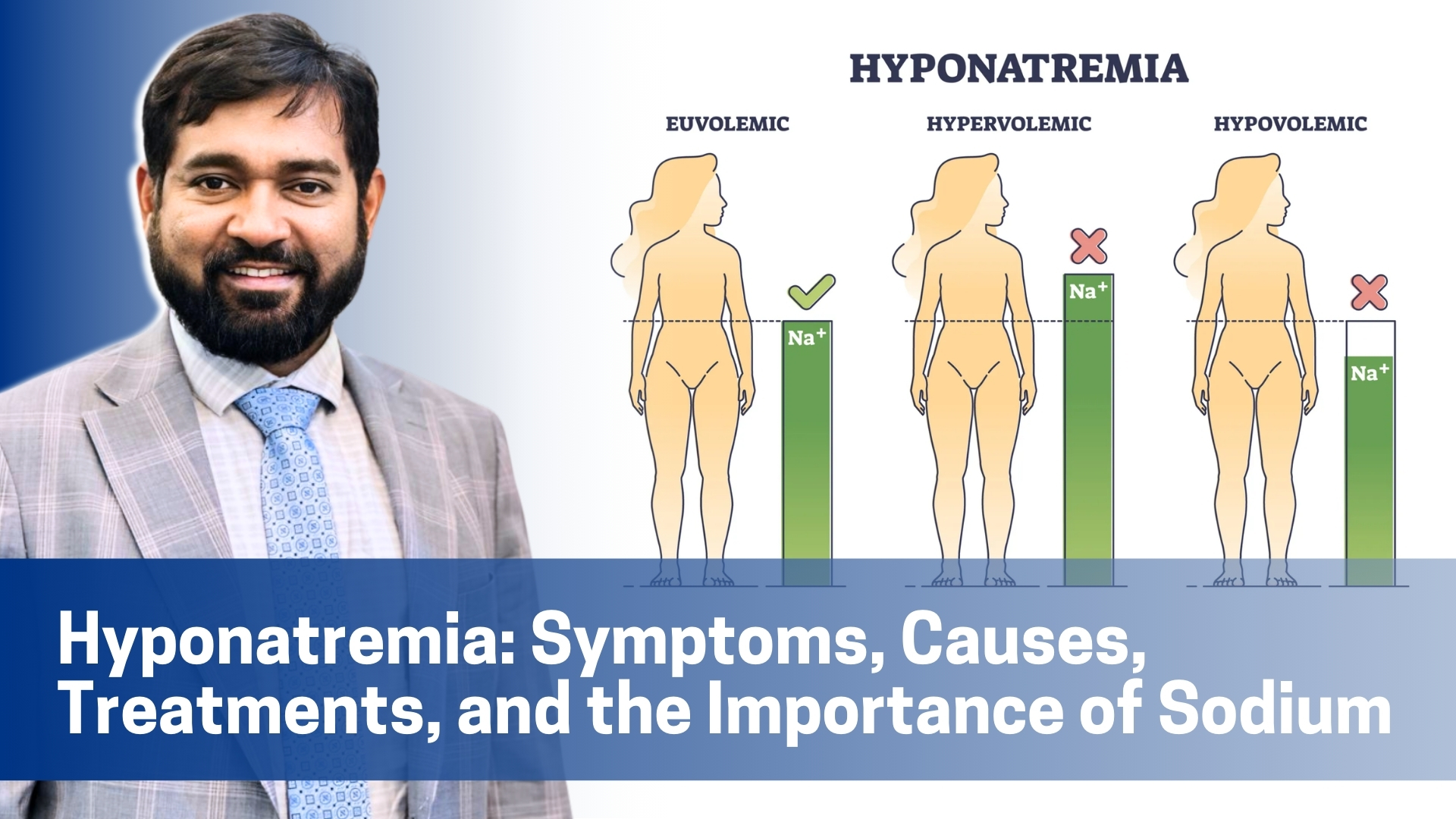27
New Study Shows Two Probiotics May Lower Blood Pressure: A Natural Approach to Hypertension
Hypertension, or high blood pressure, is a common and serious health condition affecting nearly half of all adults in the U.S., according to the Centers for Disease Control and Prevention (CDC).
Hypertension, or high blood pressure, is a common and serious health condition affecting nearly half of all adults in the U.S., according to the Centers for Disease Control and Prevention (CDC). It puts individuals at higher risk for heart disease, stroke, and other cardiovascular complications, contributing to nearly 700,000 deaths annually. In fact, high blood pressure is responsible for billions in healthcare costs every year. Despite its prevalence, less than 25% of adults with hypertension have their blood pressure under control. With this alarming statistic, researchers have been exploring new and innovative methods to combat high blood pressure, including dietary interventions like probiotics. Recent research has highlighted the potential benefits of two specific probiotic strains, Bifidobacterium lactis M8 and Lactobacillus rhamnosus M9, which may play a role in lowering blood pressure by positively influencing the gut microbiota and related metabolic processes.
A study published in 2024 in the journal Nature Medicine delved into the blood pressure-lowering effects of these probiotics, particularly in mice fed a high-fructose diet, which is known to exacerbate hypertension. The results were promising: both probiotics significantly reduced systolic and diastolic blood pressure by up to 20% in the test subjects. The study also uncovered that these probiotics appeared to alter the gut microbiota composition, promoting the growth of beneficial bacteria like Lawsonia and Pyrolobus, which are associated with lower blood pressure, while reducing harmful bacteria linked to hypertension. Additionally, these probiotics were found to influence several metabolic pathways that regulate blood pressure, including those associated with vascular smooth muscle function, serotonin and acetylcholine signaling, and lipid metabolism. These findings suggest that by modulating the gut microbiome, probiotics could potentially offer a novel way to manage hypertension.
However, the study's limitations cannot be overlooked. It was conducted on mice, and while the results are promising, they may not directly translate to human physiology. The study was also relatively short-term, and further research is needed to assess the long-term effects and safety of probiotics for blood pressure regulation. Despite these challenges, the growing body of evidence suggests that probiotics, particularly fermented foods rich in beneficial bacteria, may supplement traditional hypertension treatments. Several previous studies have shown that probiotics can have a moderate but statistically significant effect on lowering both systolic and diastolic blood pressure, with mechanisms including reducing oxidative stress, improving endothelial function, decreasing inflammation, and promoting the production of short-chain fatty acids. Alongside these potential probiotic treatments, other lifestyle changes, such as reducing sodium intake, adopting the DASH diet, exercising regularly, managing stress, and limiting alcohol consumption, remain crucial in managing high blood pressure effectively. The combination of these approaches offers a holistic and comprehensive strategy to lower blood pressure and reduce the risks associated with hypertension.
Here are the final key points to include in the article:
-
Probiotics Can Lower Blood Pressure: The study found that two specific probiotic strains, Bifidobacterium lactis M8 and Lactobacillus rhamnosus M9, significantly reduced both systolic and diastolic blood pressure in mice, potentially offering a natural solution to manage hypertension.
-
Gut Health Impact: These probiotics helped alter the composition of the gut microbiota, promoting the growth of beneficial bacteria associated with lower blood pressure and reducing harmful bacteria linked to high blood pressure.
-
Promising Mechanisms: The probiotics influenced several metabolic pathways involved in vascular function, hormonal regulation, and lipid metabolism, all of which play a role in controlling blood pressure.
-
Animal Model Limitations: While the findings are promising, the study was conducted on mice, and further research is needed to confirm whether the results can be replicated in humans, especially with long-term use.
-
Additional Research Backing: Previous studies have shown a moderate reduction in blood pressure with probiotic consumption, reinforcing the potential role of probiotics as a dietary treatment for hypertension.
-
Complementary Lifestyle Changes: In addition to probiotics, adopting a healthy lifestyle — including reducing sodium intake, exercising regularly, managing weight, reducing stress, and limiting alcohol and tobacco use — is essential in managing high blood pressure effectively.
-
Holistic Approach: Probiotics could be an effective supplement to traditional hypertension treatments, but they should not replace medication or other lifestyle interventions. Always consult a healthcare provider before starting any new treatment.
References:
-
Li, J., Sun, Z., et al. (2024). "Probiotics Bifidobacterium lactis M8 and Lactobacillus rhamnosus M9 Prevent High Blood Pressure via Modulating the Gut Microbiota Composition and Host Metabolic Products." Nature Medicine. Retrieved from Nature Medicine.
-
Chrysochou, P., and Roca, M. (2023). "Probiotics and Hypertension: A Systematic Review and Meta-Analysis." Frontiers in Cellular and Infection Microbiology. Retrieved from Frontiers.
-
Chen, Y., et al. (2020). "Effects of Probiotics on Blood Pressure: A Systematic Review and Meta-Analysis of Randomized Controlled Trials." Hypertension Research, 43(1), 92-101. DOI: 10.1038/s41440-019-0365-x.
-
Miller, R., et al. (2021). "The Role of Gut Microbiota in Regulating Blood Pressure: Mechanisms and Therapeutic Implications." Journal of Hypertension, 39(9), 1611-1623. DOI: 10.1097/HJH.0000000000002773.
-
Centers for Disease Control and Prevention (CDC). (2024). "High Blood Pressure: How to Manage Hypertension." Retrieved from CDC.




